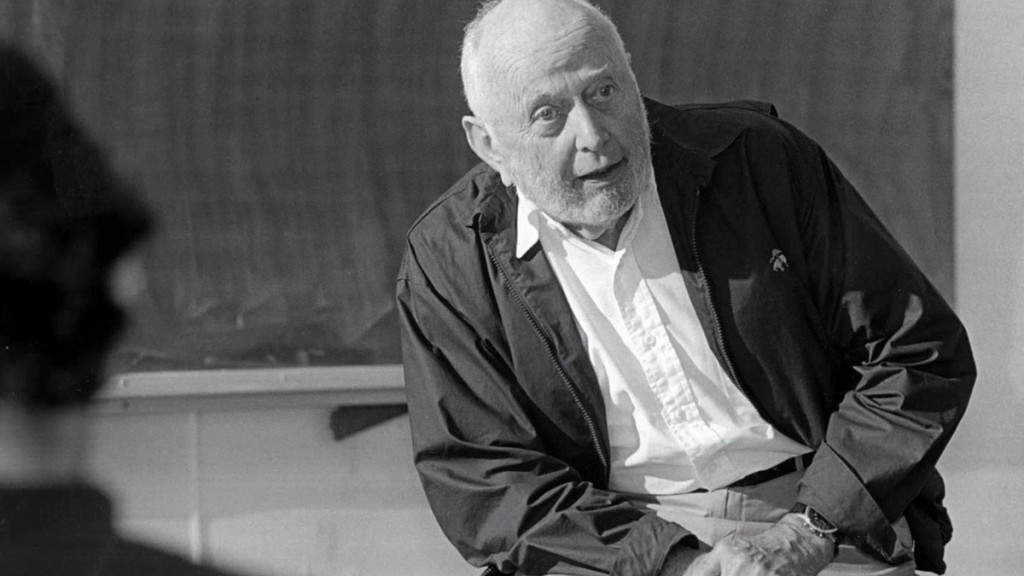Last month one of the greatest and most extraordinary economists of our time – Douglass North (1920–2015) – departed. He left enormous inheritance of insights that will be considered and re-considered for a long time, and its entire meaning, with regard to the understanding of the way human societies develop, is yet to be discovered and realized.
His singularity has many aspects. First, he is among the exceptionally small number of modern economists that established a new school of economic thought, known today as New Institutional Economics. Along with other founders of this school, Ronald Coase and Oliver Williamson, he singled out the importance of the ways in which humans structure their relationships in respect of the development direction of their societies. And he did that using the thorough knowledge of history, of the different forms of organization that had happened and that had really changed in the past.
Actually, this attention to facts, on which theorizing about the world has developed, reflects his ongoing curiosity and striving to find out what actually goes on. As early as being a young individual as an officer in the US merchant marine during World War II (called up at that time to serve the military activities), he always asked himself why certain human interrelations are organized in one way, and not in any other fully reasonable and possible ways. The search for an answer to this question led him far, far away from where he has started.
Douglass North was unusual because he abandoned mathematics exactly when almost everyone studying economics has fanatically tried to turn the economic analysis into a small, outside branch of mathematics. Being a founder of the formal econometric modelling of economic history, known as Cliometrics, North clearly realized in the ’60s that mathematizing cannot only help, but it could hamper the seeking of answers to the questions that he was interested in. And he took the serious risk in respect of his own career of giving up the formal models and of opposing the dominating (then and now) paradigm of the mathematized economic analysis.
Abandoning mathematics is a consequence of two fundamental beliefs. The first one is that the really important questions are how human societies have developed in time, and what the profound society dynamics of economic processes are. Mathematized economics has, and could have, no answer to this questions since it is inherently static.
The second one is that the economic development is not an unchanging process forward and upward, as it may invariably seem in mathematized models. Such a thing as a guaranteed ongoing progress does not exist. Becoming rich is not granted at all, it cannot be considered natural and the only possible dynamics of human societies, which could be comparatively easy for mathematical modelling. It could only happen under certain circumstances and arrangements of human relations, and realizing which these arrangements are and how they could be achieved is of key importance. Prior to coming to this understanding, mathematics is not only useless – it directly distracts one’s attention to minor aspects.
Last, but not least, Douglass North was unusual in his desire and his continuous interest in purposefully seeking lessons from the other sciences dealing with man and human society. In this respect, he also opposed the predominant fashion, according to which economics enjoys a particular type of extolling and it has nothing to learn from the other social sciences. Douglass North always realized that human societies arrange their relations in a complex way, and the economic aspect is far from being the only one that matters to them. Therefore, he constantly read non-economic books, such as in anthropology, paleobiology, cognitive science, not to mention political science, sociology, and law. He also used to ask his assistants to read them as well and to tell him what they had learned.
He was much more than just an economist. Like many other great economic development thinkers, Douglass North was ultimately a down-to-earth philosopher studying the human society.



